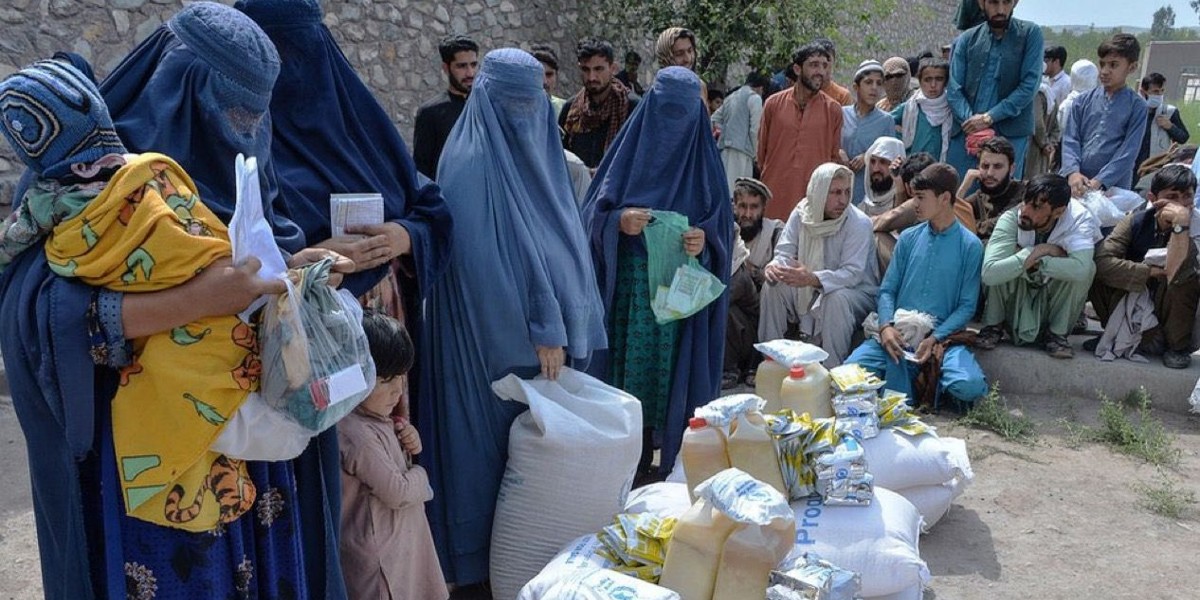Aid cuts leave millions vulnerable
Afghanistan is heading towards a humanitarian catastrophe, with warnings of widespread starvation and systemic healthcare failure following the suspension of major international aid efforts.
According to a social media post by Visegrád 24, a news platform focused on Central and Eastern European affairs, the country is suffering from the fallout of foreign aid being frozen, including the decision made during Donald Trump’s presidency to halt US assistance.
That decision has contributed to the pause of humanitarian programmes worth an estimated $500 million, including critical contributions from the World Food Programme (WFP).
Historically, the US supplied up to 40% of aid reaching Afghanistan. The sudden removal of this support has left already fragile systems exposed, and millions of people without access to food, medicine or basic healthcare.
Healthcare collapse and rising disease
Visegrád 24 reports that over 420 medical facilities have shut down, while those still operating are functioning under extreme pressure.
The shortages of medicine, equipment and trained staff are compounded by a growing public health crisis driven by malnutrition. The World Health Organization (WHO) has stated that the country’s healthcare system is on the brink of collapse.
Hunger is not just causing suffering – it is also fuelling a rise in preventable diseases. Health professionals still working in Afghanistan are struggling to treat patients with no resources and no logistical support, especially in rural areas.
Winter could be deadly
With colder months approaching, aid organisations warn that time is running out.
Remote parts of the country, particularly in mountainous regions, may become completely inaccessible once winter sets in. These are areas that previously relied on military-backed operations to deliver food, medicine and supplies.
If aid is not restored in the coming months, mass mortality is likely, particularly among children, the elderly and those in hard-to-reach communities. The risk is no longer limited to famine alone – it is a triple threat of hunger, disease and freezing temperatures.
Global call to action
Humanitarian experts continue to urge donor governments to reconsider restrictions and prioritise saving lives.
While political concerns around the Taliban regime persist, many believe the Afghan people should not bear the brunt of international diplomatic stand-offs.
One analyst said: “You can oppose the regime without starving the population. Withholding aid now is a moral failure.”
So far, international response has been limited. Although there has been widespread recognition of the scale of the crisis, the suspension of aid continues, and emergency appeals have not met funding targets.
The message from organisations on the ground is clear: Afghanistan cannot wait. Unless funding resumes and access is restored, the country faces one of the worst humanitarian disasters in recent memory.Source: Visegrád 24 on X (formerly Twitter)

